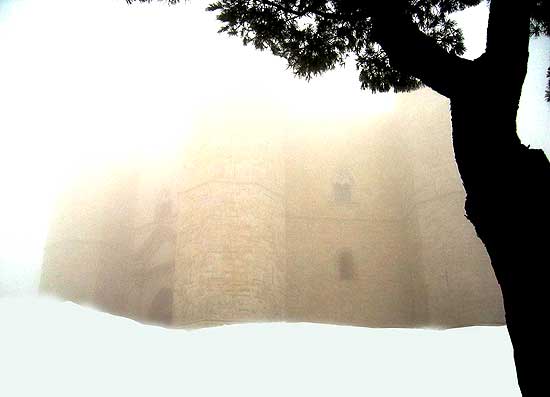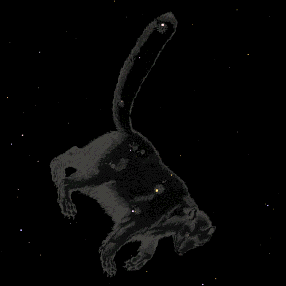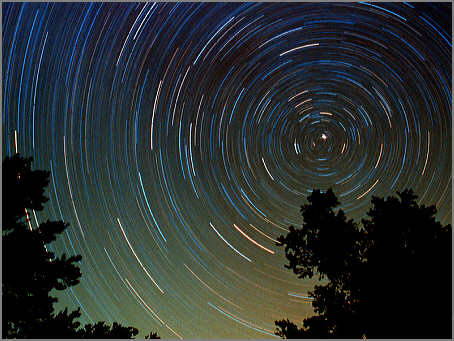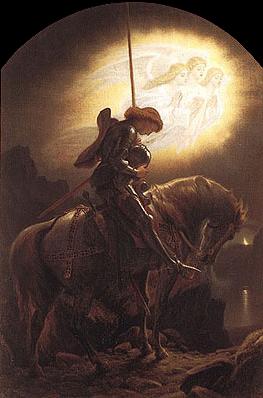- chapter index -
pg. 1 - Wilderness | pg. 2 - Prince Rupert Awakes | pg. 3 - The Sufis
pg. 4 - And there a Swan is Born | pg. 5 - Reels of Dream Unrolled | pg. 6 - The Peacock's Tale
pg. 7 - The Tibetan Book of the Dead | pg. 8 - Dawn Song | pg. 9 - Night Enfolds Her Cloak of Holes
pg. 10 - The Battle of Glass Tears | pg. 11 - Prince Rupert's Lament
- page index -
Go Polonius or Kneel | Now Bears Prince Rupert's Garden Roam | And there A Swan is Born
site index
Translate from
"For now Prince Rupert's tears of glass
Make saffron sabbath eyelids bleed"

 "The two Bears Ursa Major Ursa Minor and the whole Northern Hemisphere sky, are
seen to revolve
around a star that doesn't appear to move; Polaris, the North Star; located at
the tip of the
tail of the Little bear or Little Dipper and the orientation of the bear
figures changes
dramatically through the course of the night.
"The two Bears Ursa Major Ursa Minor and the whole Northern Hemisphere sky, are
seen to revolve
around a star that doesn't appear to move; Polaris, the North Star; located at
the tip of the
tail of the Little bear or Little Dipper and the orientation of the bear
figures changes
dramatically through the course of the night.
























 Arachnophilia
Arachnophilia